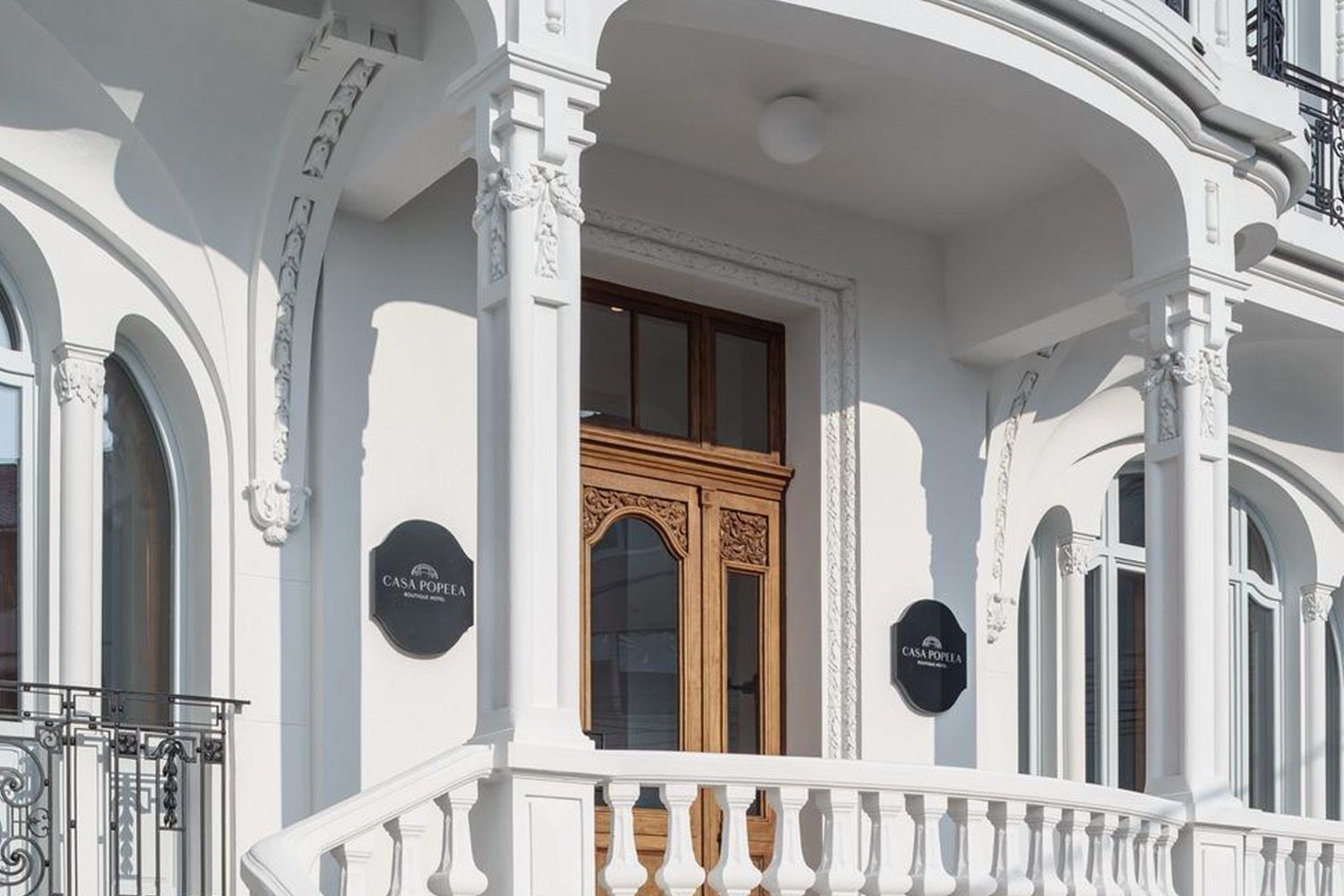Historic buildings in Romanian city centers have long suffered from neglect due to the intricacies of complex economic, legal and bureaucratic issues. Now, in the spirit of slow architecture, a historic building has been transformed into a boutique hotel in Brăila, with a focus on craftsmanship, simplicity, locality and sustainability.
London-based architectural studio Manea Kella shares a philosophy of slow architecture, believing this movement will lead to better buildings and improve people’s quality of life. “We believe that thoughtful architecture and design will benefit society and serve society for good—regardless of scale, architecture has the potential to shape and transform society for the better,” the studio’s lead architects, Adrian Manea and Elena Kella told Wallpaper.
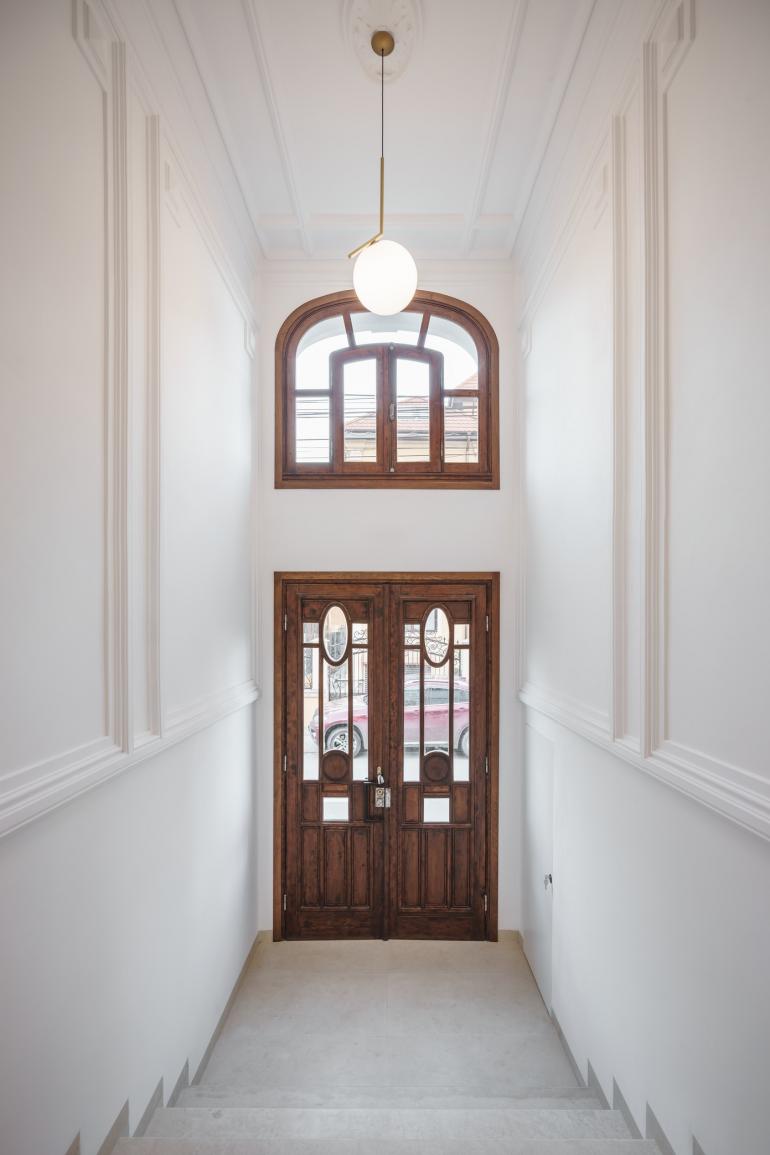
The renovation of their latest project, Casa Popeea, also follows the principles of slow architecture—the building, converted into a boutique hotel, has recently opened its doors to the general public. The facility in Brăila was once a family house, rethought through carefully selected materials, construction techniques, lighting solutions and the creation of charm, while also emphasizing contemporary needs. “This project will offer a new way of thinking in the future development of the historic Hellenistic quarter of Brăila, Romania,” the architects added.
In the restoration of Casa Popeea, the context and materiality of the original structure were emphasized without completely imitating it. The reception, lobby and café have solid, dark-painted oak floors and unique furniture, and open onto a floodlit staircase. The original oak staircase of the building, which also leads to the bedrooms, has been meticulously restored. Transylvanian carpenters were asked to do the work. The hotel’s spa is also dominated by natural materials such as Bulgarian limestone, black marble and solid oak, creating both a relaxed and intimate atmosphere.
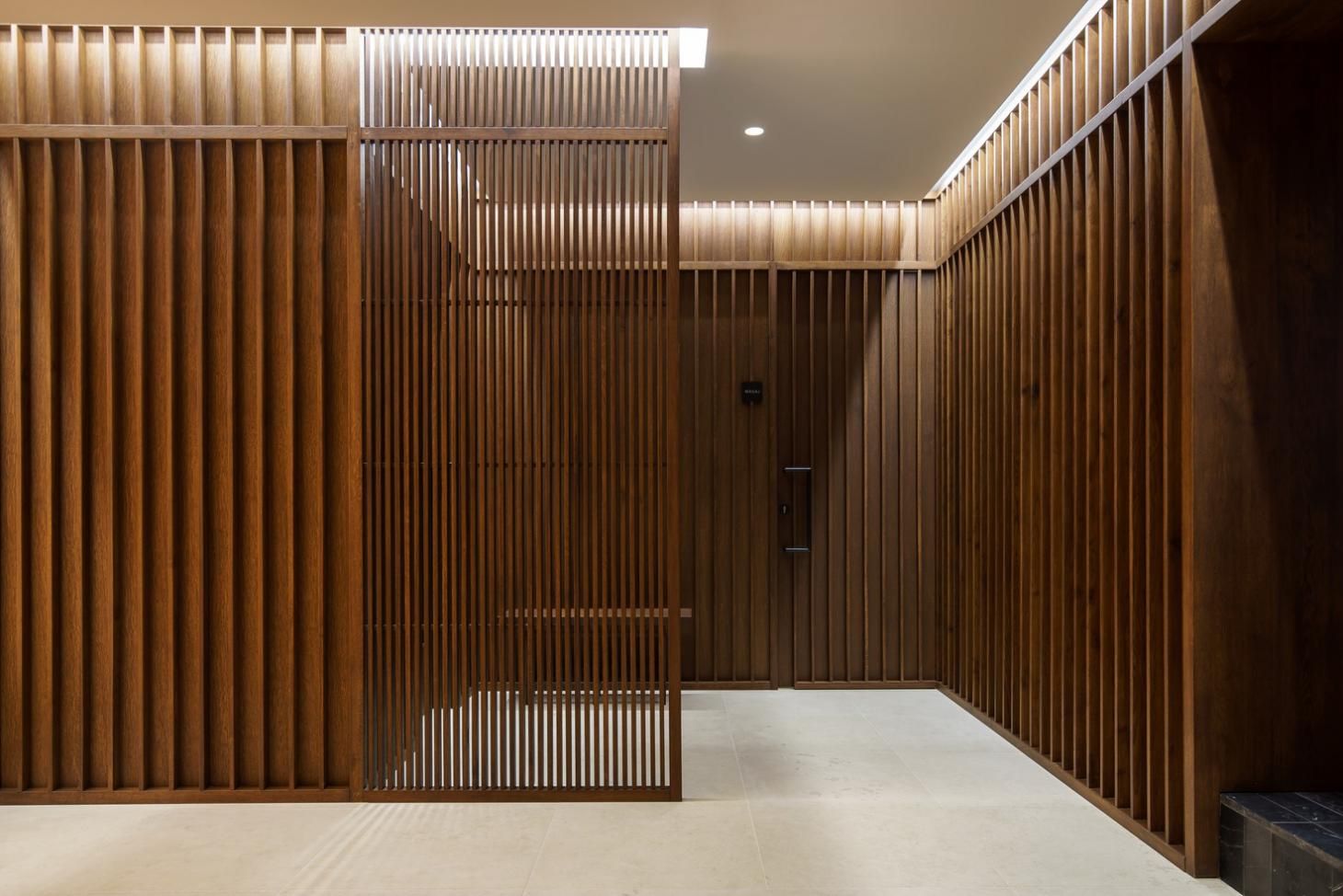
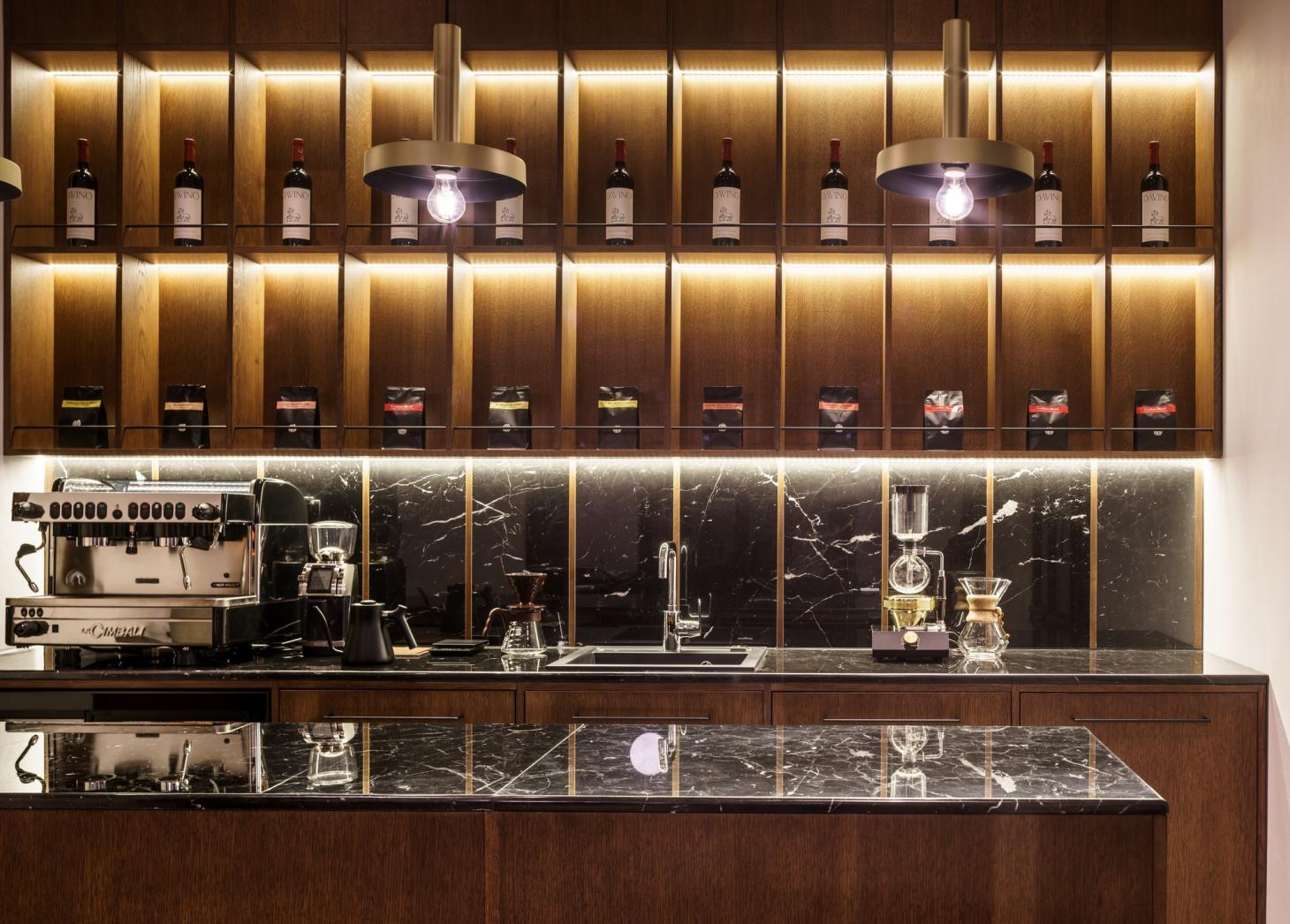
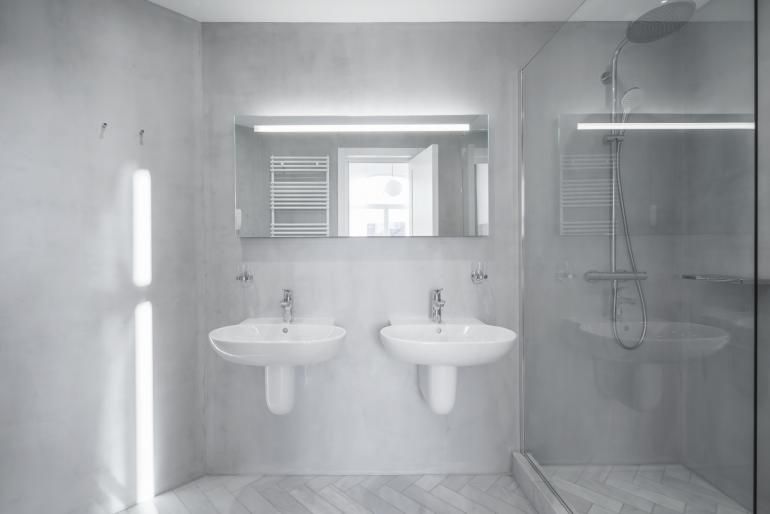
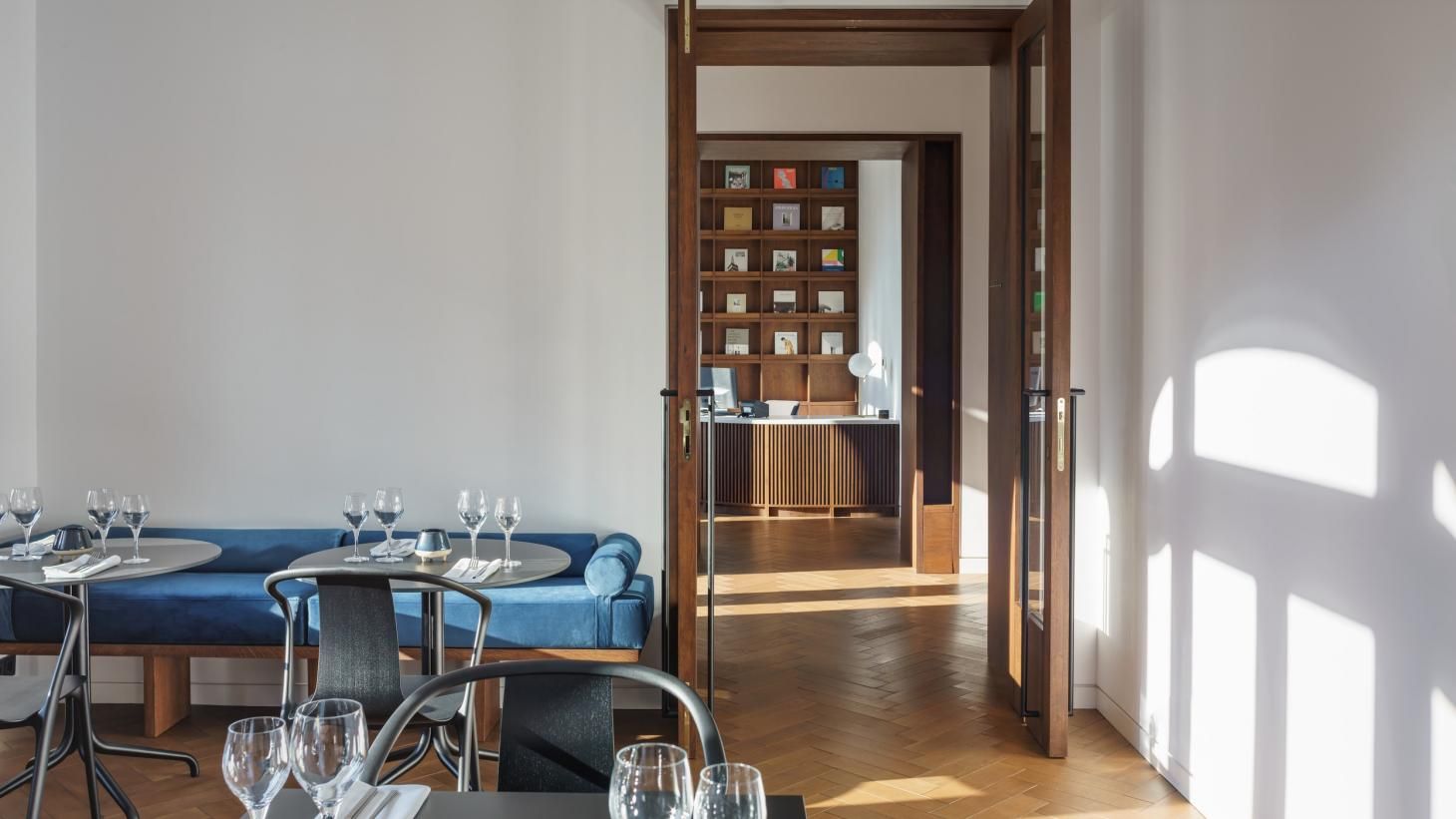
The Manea Kella is also working on a new slow architectural project in Bucharest: near Cișmigiu Park, a building originally designed in the French neoclassical style by Dimitrie Hârjeu, a former chief architect of Bucharest, is being transformed into a 21st-century workplace, taking into account post-pandemic needs.
Manea Kella | Web | Facebook | Instagram
Source: Wallpaper

Goodlok: the Canaan of health from Prague

HIGHLIGHTS | We might not realize it, but we live in the past










